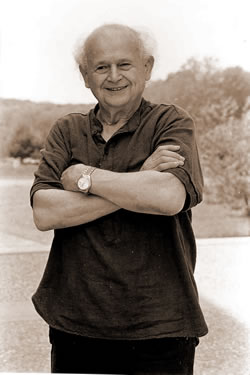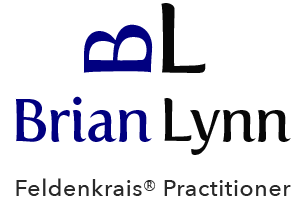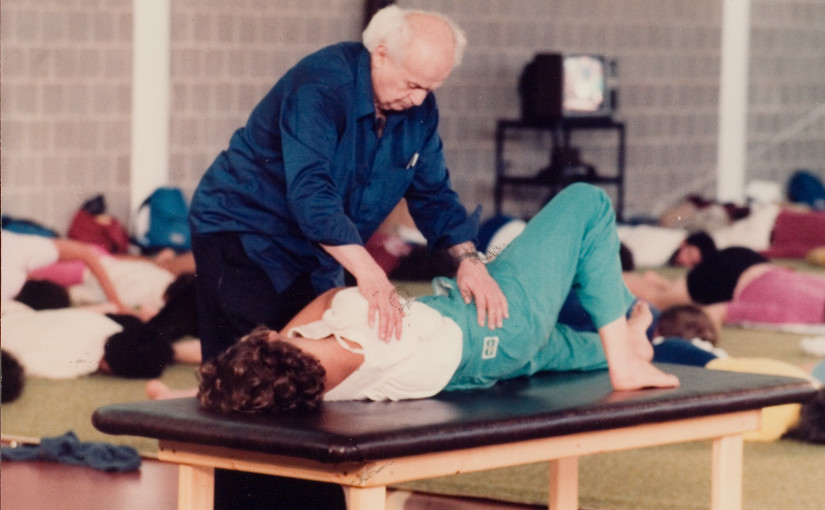The Origin of Functional Difficulties
The particular way we stand, walk, bend over, sit, reach up, turn the head to look, run, climb stairs, or breath is a matter of personal habit. These habits are acquired in early childhood and modified in the later course of life. Two year olds stand very similarly. Twenty year olds stand very differently. Some of these personal habits of expressions of individual uniqueness and some are troublesome unconscious habits which we should be wise to unlearn. In the early years of humanity as a whole, our circumstances demanded that we adapt throughout life to uneven terrain and perform the many different movements necessary for food gathering, building and the other activities of daily life. nowadays only young children engage in such a variety of movement. No amount of repetitive exercise can substitute for this natural variety. Our movement repertoire can be limited by the lifestyle of this historical period, our culture of origin, and the specific circumstances in our family. We imitate our parents postures and we adapt to the family situation (for example, by cringing or standing up to it) repeatedly in the same way until that reaction becomes habitual. A sedentary life at school and then on the job further limits the movements which we actually do in the course of a day. Accidents, operations, illnesses and sport injuries all have the predictable effect of making certain movements painful. So we avoid those movements. In order to do so we must keep certain muscles constantly on guard, and therefore tense, to prevent those movements from occuring. This muscular activity becomes habitual and unconscious. The body is pulled out of alignment and the other muscles must tighten to compensate. All of this results in restricted movement and pain.
 Moshe Feldenkrais
Moshe Feldenkrais
Dr. Moshe Feldenkrais was an Israeli physicist (D.Sc.) and engineer who devised a practical means to apply this understanding of the origin of functional difficulties. his method has been helpful for a variety of people with many different needs: freedom from pain, a clearer sense of self, recovery of movement after accidents, injuries, and strokes, reduction of awkwardness, improved posture, easier breathing, improved performance in sports, dance or music, greater ease in social situations, stress relief, relaxation, and reduction of the physical symptoms of aging.
Top photo: © Feldenkrais Guild® of North America

